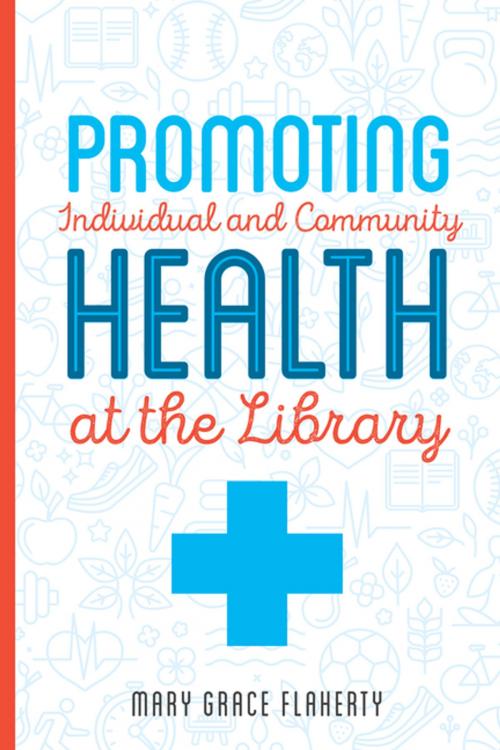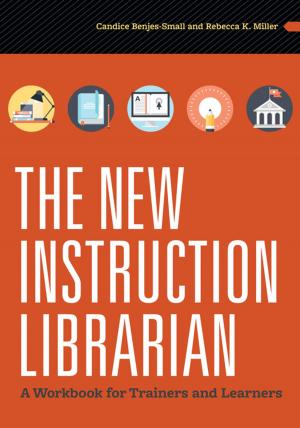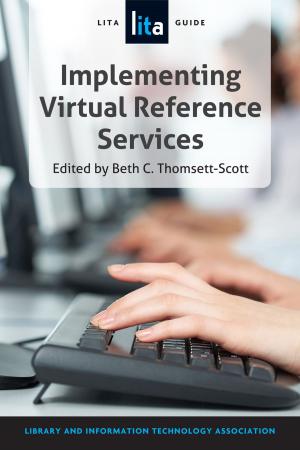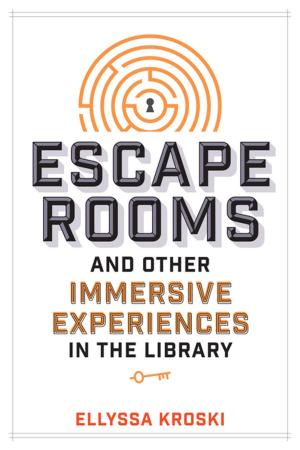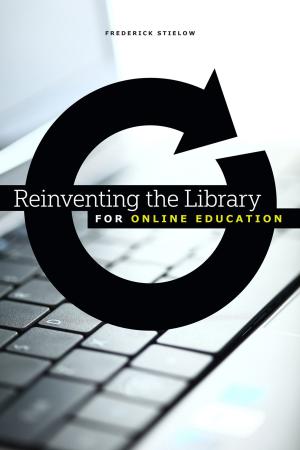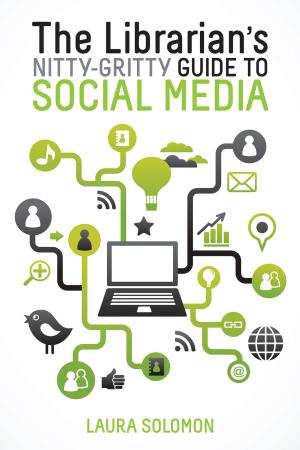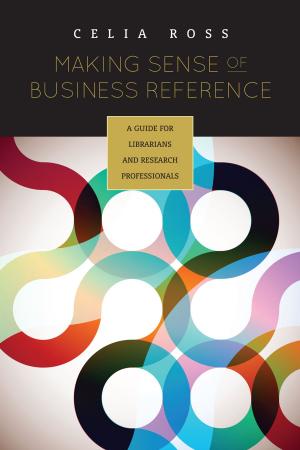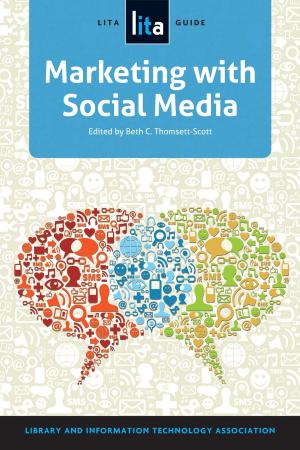Promoting Individual and Community Health at the Library
Nonfiction, Reference & Language, Language Arts, Library & Information Services, Reference| Author: | Mary Grace Flaherty | ISBN: | 9780838916988 |
| Publisher: | American Library Association | Publication: | January 16, 2018 |
| Imprint: | ALA Editions | Language: | English |
| Author: | Mary Grace Flaherty |
| ISBN: | 9780838916988 |
| Publisher: | American Library Association |
| Publication: | January 16, 2018 |
| Imprint: | ALA Editions |
| Language: | English |
Though today’s consumers have unprecedented access to health information, its quality and veracity varies widely. Public libraries can play an important role in supporting library users in their health information seeking efforts. In this book Flaherty shows how to guide library users to high quality health information by relying on up to date, authoritative sources. She also demonstrates why taking the initiative to offer health promotion programming can be a valuable form of community outreach, serving community needs while increasing visibility. Library directors, programming staff, reference librarians, and health educators will all benefit from this book’s patron-centered stance, which features a historic overview of the consumer health movement and how it intersects with public libraries; guidance on finding and evaluating the best print, electronic, and app-based health information sources, with advice on keeping up to date; an in-depth look at collaborative efforts to provide and sponsor simple health-related activities in public libraries, spotlighting programs in action at libraries across the county; instructions on creating, planning, preparing, marketing, and evaluating a public library health program; discussions of important issues surrounding health information provision efforts, including patron privacy and liability concerns; and guidelines for public libraries’ role in public health efforts, including disaster preparedness. Armed with this book’s expert advice and plentiful examples of successful initiatives, public libraries will feel empowered to make a difference in community members’ health and well-being.
Though today’s consumers have unprecedented access to health information, its quality and veracity varies widely. Public libraries can play an important role in supporting library users in their health information seeking efforts. In this book Flaherty shows how to guide library users to high quality health information by relying on up to date, authoritative sources. She also demonstrates why taking the initiative to offer health promotion programming can be a valuable form of community outreach, serving community needs while increasing visibility. Library directors, programming staff, reference librarians, and health educators will all benefit from this book’s patron-centered stance, which features a historic overview of the consumer health movement and how it intersects with public libraries; guidance on finding and evaluating the best print, electronic, and app-based health information sources, with advice on keeping up to date; an in-depth look at collaborative efforts to provide and sponsor simple health-related activities in public libraries, spotlighting programs in action at libraries across the county; instructions on creating, planning, preparing, marketing, and evaluating a public library health program; discussions of important issues surrounding health information provision efforts, including patron privacy and liability concerns; and guidelines for public libraries’ role in public health efforts, including disaster preparedness. Armed with this book’s expert advice and plentiful examples of successful initiatives, public libraries will feel empowered to make a difference in community members’ health and well-being.
